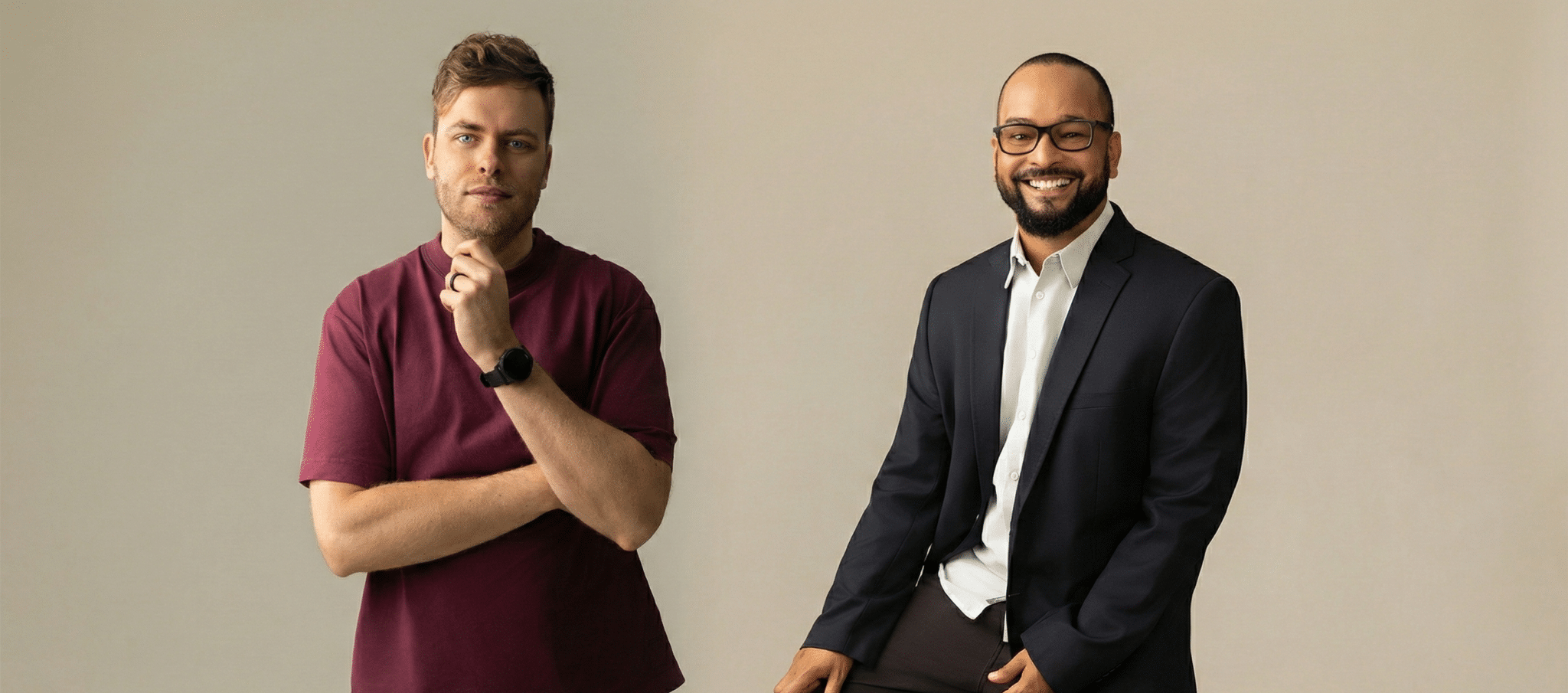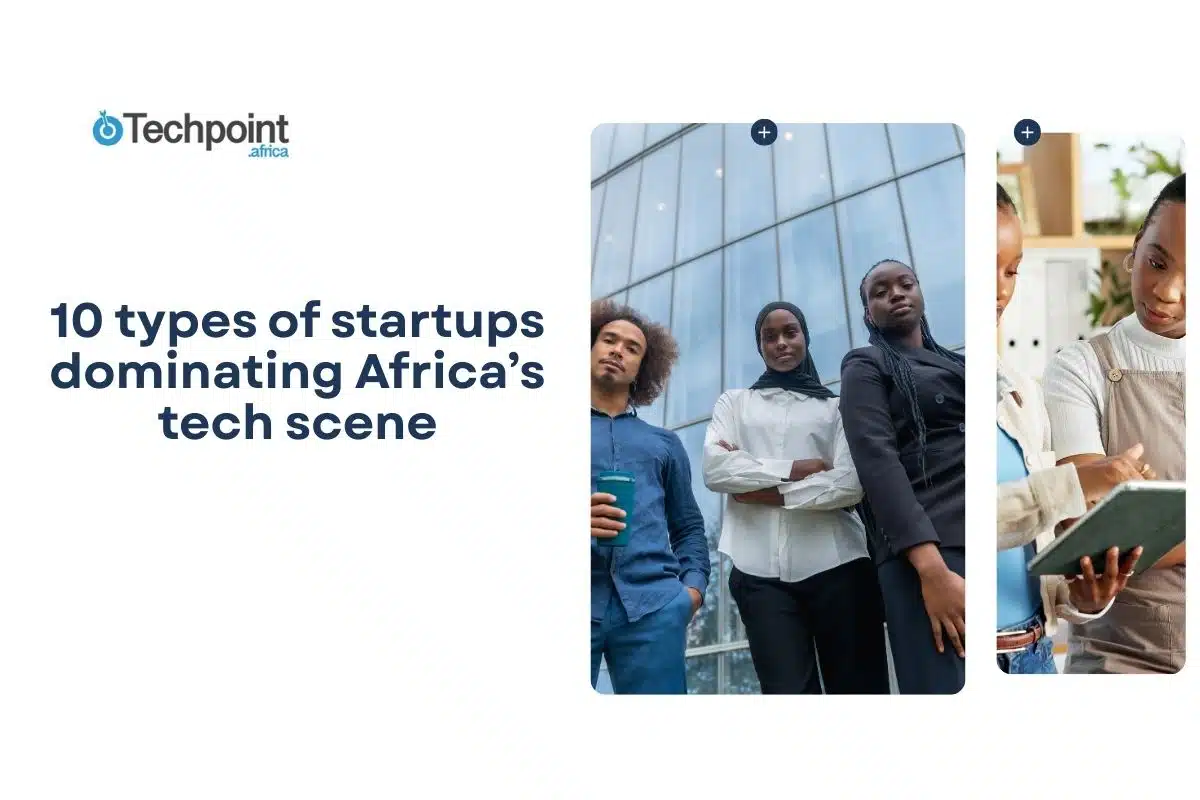For years, Charles Dairo kept a clean, low cut, and an unshakeable Sunday ritual. No matter how packed his schedule as founder of CKDigital, a web design agency he launched 13 years ago, he always found time after church to get a haircut. But in a life run by digital calendars, this was the one activity he never had to schedule.
On one of such trips in 2020, he met a crowded barbershop and wondered why he could not book an appointment, show up at precisely the time he’d picked, have his hair cut, and be on his way. Coincidentally, he had started nursing the idea of building software, and this challenge was his first attempt at solving a problem using software.
With the help of a small team of developers and a product designer, he built the first version of an app he called Rizevo and hit the streets to drive adoption. To his chagrin, no business wanted the software six months after launch. That puzzled him because it clearly solved a problem for him.
Determined to find a solution, he launched an appointment-only barbershop — Haircot — powered by Rizevo to test the idea and understand the entrepreneur’s pain point. That venture ran for a year until he had to shut it down in May 2022.
“I started it as an experiment to test whether Nigerians would be willing to book services online and pay upfront. In just over 12 months, we proved that they would. We could have kept it going, but at the time I didn’t have the bandwidth or the capital to scale it alongside my main business, so we made the decision to close it,” he told Techpoint Africa.
Fast forward to 2024, and he got a notification. A beauty business had just signed up; over the next few weeks, more beauty businesses signed up and were receiving bookings from customers. Rizevo was back, but this time as Kindlybook.
Finding a niche in beauty businesses

In Nigeria, beauty businesses are largely informal; from the barbershop on the street corner to the hairdressing salon, most are unregistered and lack a digital presence. For these businesses, customer acquisition is largely driven by referrals and walk-ins, as they tend to be located in easy-to-find spots.
But despite growing Internet and smartphone penetration, many remain unable to take appointments in a structured manner, using anything from notepads to note apps on their smartphones. It’s a behaviour Dairo hopes to change with Kindlybook.
Since relaunching as Kindlybook, nearly 500 businesses have signed up on the platform, with more than 90% of them being beauty businesses. A handful of business consultants and wellness businesses also use the app. Compared to when he launched in 2021, Dairo points to better smartphone penetration and the increased acceptance of digital tools as major factors in this resurgence.

Victoria Fakiya – Senior Writer
Techpoint Digest
Make your startup impossible to overlook
Discover the proven system to pitch your startup to the media, and finally get noticed.
How Kindlybook works
Dairo describes Kindlybook as a booking tool for appointment-based service providers — from beauty businesses, which make up most of its users today, to language tutors.
Users can sign up for free, set their availability, and share a booking link with potential clients. Appointments sync automatically with calendars, and both parties receive SMS and email reminders in advance to minimise no-shows.
To confirm a slot, customers must pay a fee — either the full amount or a deposit set by the business. Kindlybook generates revenue by charging a 6% service fee on each payment, but plans to reduce this rate in the future.
“These are time-based businesses. If you tell me you’re coming by 10 a.m. on Wednesday, I will reserve that time for you. If you don’t show up, I would lose the money I should have made during that time. We help the businesses collect their money upfront to ensure that clients are more invested in that appointment.”
Beyond bookings
While appointment reservation remains the core offering, Dairo emphasises that the startup’s vision goes far beyond just bookings. In addition to managing appointments, the platform provides a suite of marketing tools, including a customisable web page that allows businesses to promote their services and an analytics dashboard to track performance.
The company is also developing premium features that will be offered through a subscription model. Notably, Dairo reveals that they are exploring ways to integrate artificial intelligence, including a virtual consultant that can independently analyse business data and suggest operational improvements.
Although the immediate focus is on expanding its existing user base, the long-term goal is to empower businesses with tools that not only streamline operations but also drive revenue growth and long-term sustainability.
Navigating competition
The appointment booking market in Nigeria remains largely untapped. According to Dairo, its primary competition isn’t another tech company but the manual systems many businesses still rely on.
However, international platforms like Fresha are gaining traction locally, despite lacking a physical presence in the country. Another competitor is Splice, launched by Layo Ogunbanwo, a former VP at PiggyVest.
Still, Dairo argues that neither rival offers the full suite of services his platform provides, including integrated marketing tools and payment processing. He also points to limited customer support from global players like Fresha, owing to their absence on the ground.
The biggest hurdle so far, he says, has been building trust, particularly around payments.
“We began by working with the processor’s standard settlement timeline. But we quickly realised that many of the businesses we serve rely heavily on their daily cash flow. To solve this, we introduced a float system that allows us to advance payouts and ensure they receive funds much faster, typically within six hours.”
What’s next?
While it’s still early days, Dairo remains optimistic about Kindlybook’s long-term prospects. He notes a significant shift in business attitudes since the platform’s initial launch, with more entrepreneurs now open to adopting technology in their daily operations.
A key selling point, he says, is the platform’s simplicity, claiming that 99% of current users were able to set up their accounts without direct assistance from the team. Kindlybook has also begun attracting interest from potential investors, signalling growing confidence in its model.
Looking ahead, Dairo says his goal is for Kindlybook to become the default appointment booking solution across Africa within the next five years.











